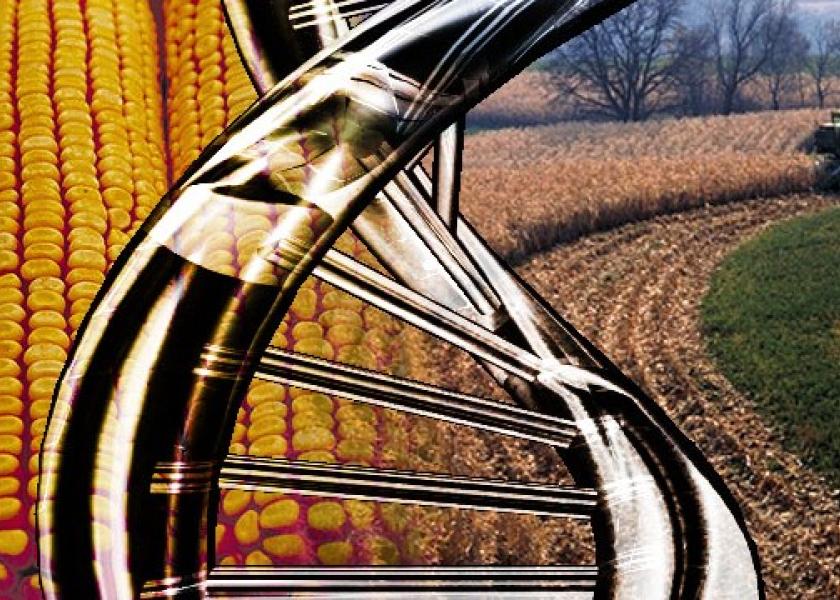USDA Has No Plans To Regulate CRISPR

USDA on Wednesday gave the market a clear signal it will not seek to regulate emerging gene editing technologies that could open a new era of plant development for agriculture. U.S. Secretary of Agriculture Sonny Perdue issued the following statement on USDA oversight of plants developed through these new techniques:
USDA Press Release:
Under its biotechnology regulations, USDA does not regulate or have any plans to regulate plants that could otherwise have been developed through traditional breeding techniques as long as they are not plant pests or developed using plant pests. This includes a set of new techniques that are increasingly being used by plant breeders to produce new plant varieties that are indistinguishable from those developed through traditional breeding methods. The newest of these methods, such as genome editing, expand traditional plant breeding tools because they can introduce new plant traits more quickly and precisely, potentially saving years or even decades in bringing needed new varieties to farmers.
“With this approach, USDA seeks to allow innovation when there is no risk present,” said Secretary Perdue. “At the same time, I want to be clear to consumers that we will not be stepping away from our regulatory responsibilities. While these crops do not require regulatory oversight, we do have an important role to play in protecting plant health by evaluating products developed using modern biotechnology. This is a role USDA has played for more than 30 years, and one I will continue to take very seriously, as we work to modernize our technology-focused regulations.”
“Plant breeding innovation holds enormous promise for helping protect crops against drought and diseases while increasing nutritional value and eliminating allergens,” Perdue said. “Using this science, farmers can continue to meet consumer expectations for healthful, affordable food produced in a manner that consumes fewer natural resources. This new innovation will help farmers do what we aspire to do at USDA: do right and feed everyone.”
USDA is one of three federal agencies which regulate products of food and agricultural technology. Together, USDA, the Environmental Protection Agency (EPA) and the Food and Drug Administration (FDA) have a Coordinated Framework for the Regulation of Biotechnology that ensures these products are safe for the environment and human health. USDA’s regulations focus on protecting plant health; FDA oversees food and feed safety; and EPA regulates the sale, distribution, and testing of pesticides in order to protect human health and the environment.
USDA continues to coordinate closely with its EPA and FDA partners to fulfill oversight responsibilities and provide the appropriate regulatory environment. This ensures the safety of products derived from new technologies, while fostering innovation at the same time.
#







